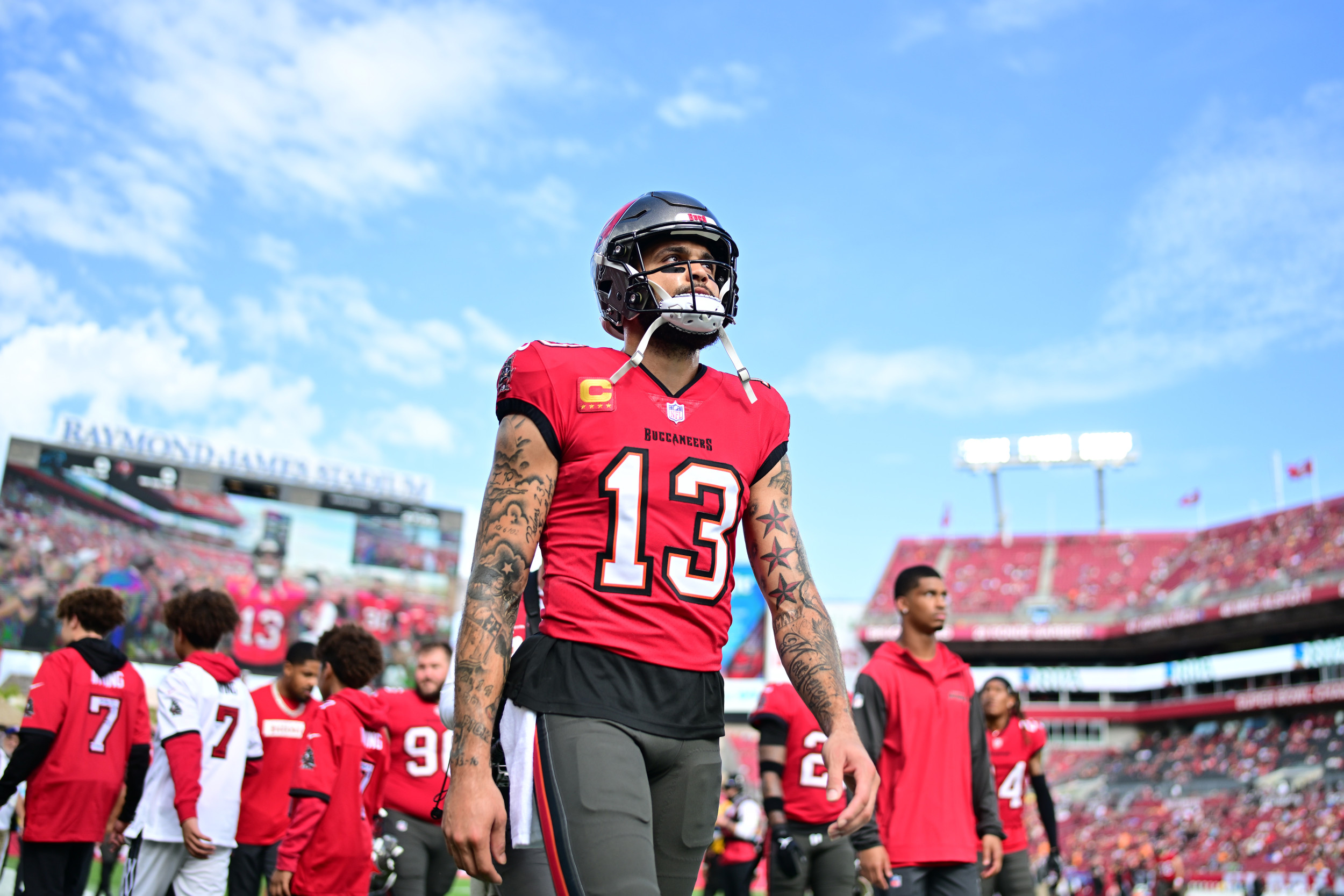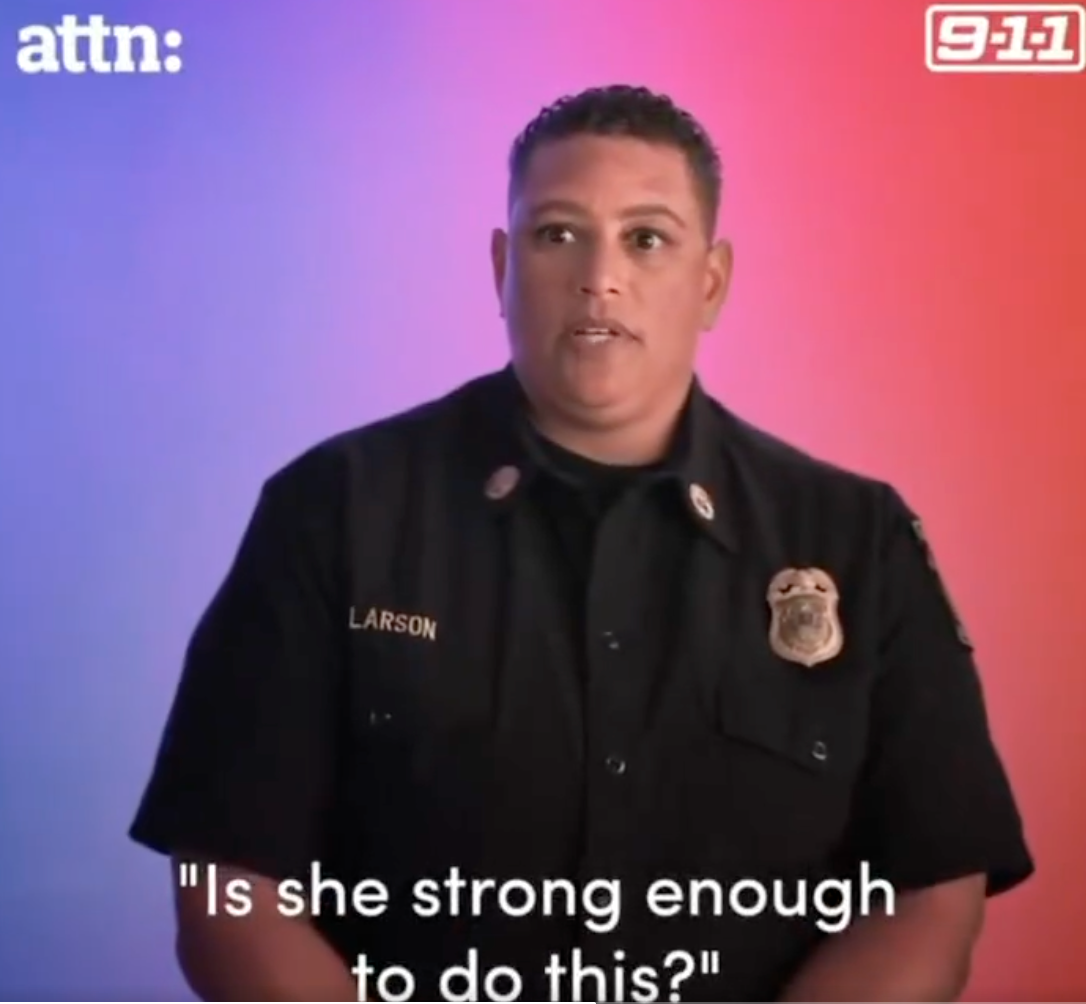Health experts are urging voters to take precautions at the polls amid a surge in cases of so-called "walking pneumonia."
Test positivity for the bacterial infection has more than tripled since late spring, with a particularly sharp rise among young children, the U.S. Centers for Disease Control and Prevention reported. But why is election day such a cause for concern?
"We're all touching the same little pens and touch screens when we vote," Dr. Tess Barton, an associate professor of pediatric infectious diseases at UT Health San Antonio, told NEWS4SA. "If you're going to be in line with a lot of people, some of them may be sick."
Pneumonia is a broad term used to describe inflammation of the airways caused by a bacterial, viral or fungal infection. Walking pneumonia describes a milder subset of the condition caused by the bacterium Mycoplasma pneumoniae.
These bacteria can damage the lining of the respiratory tract, including the throat, windpipe, and lungs. However, infections are usually mild compared to other forms of bacterial pneumonia. With milder symptoms, people are less likely to stay at home or in bed, resulting in the nickname "walking pneumonia."
"You're not quite as ill as you might be with traditional bacterial pneumonia," Barton said. "[But] it takes a little bit longer, it kind of festers and keeps going."
This creates a perfect storm for spreading the disease.

After a prolonged period of low incidence rates following the emergence of COVID-19, M. pneumoniae cases are now on the rise. Since late spring, test positivity for M. pneumoniae has increased from 0.7 percent to 3.3 percent across all age groups.
The disease can take one to four weeks for symptoms to appear after exposure to M. pneumoniae, and they can last for several weeks. Common symptoms include:
- Cough
- Fatigue
- Fever and chills
- Shortness of breath
Symptoms may be different among children under five and include:
- Diarrhea
- Sneezing
- Sore throat
- Runny nose
- Vomiting
- Watery eyes
- Wheezing
M. pneumoniae can also make existing conditions worse, including asthma, encephalitis (swelling of the brain), kidney problems, existing pneumonia, skin disorders and blood conditions that restrict oxygen delivery. While they are uncommon, serious complications can occur and may require hospitalization.
So, how can you protect yourself at the polls? Well, M. pneumoniae bacteria are spread through infected droplets in coughs and sneezes. So the best way to protect yourself (and others) is to regularly wash your hands and to cover your mouth when you cough or sneeze.
Also, make sure to clean your hands after voting and avoid touching your face.
Is there a health problem that's worrying you? Do you have a question about pneumonia? Let us know via health@newsweek.com. We can ask experts for advice, and your story could be featured in Newsweek.




















 English (US) ·
English (US) ·